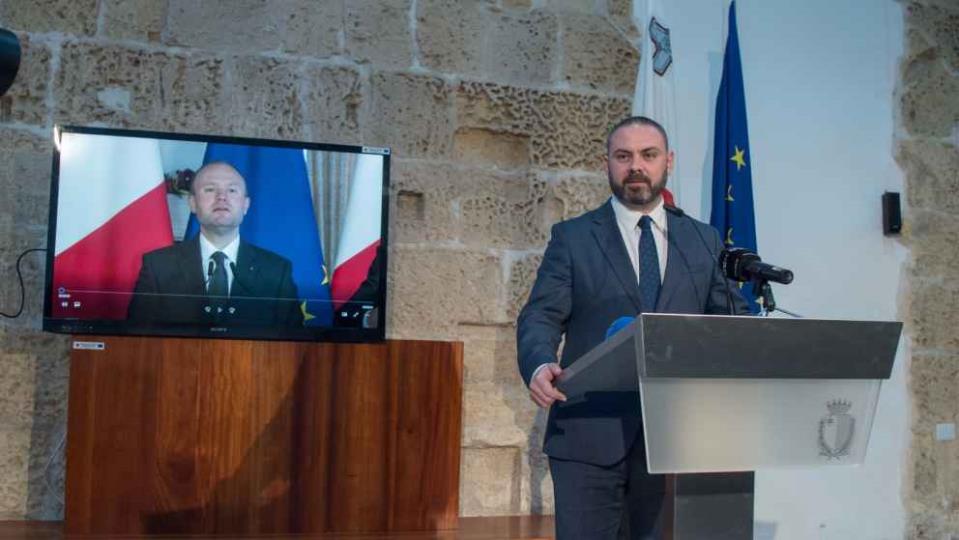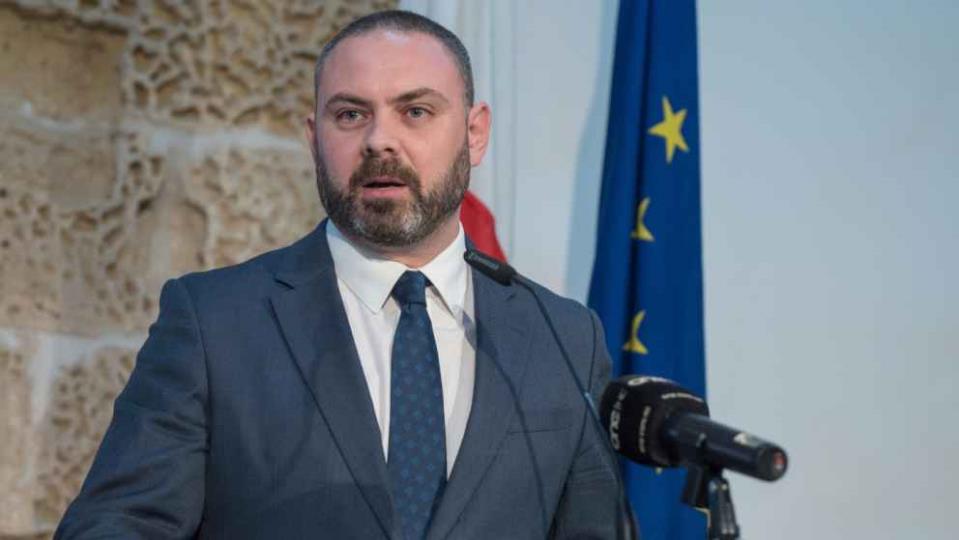The government intends to implement the Venice Commission proposals, Prime Minister Joseph Muscat said Monday, calling the recommendations a valuable contribution to the legal and constitutional reform. He said that the government, in general, agrees with the proposals, and that they will consult and implement accordingly.
The Council of Europe's Venice Commission has adopted an opinion which finds that the power of the Prime Minister in Malta widely overshadows other government bodies, including the President, Parliament, the Cabinet of Ministers, the Judiciary and the Ombudsman.
The European Commission for Democracy through Law - better known as the Venice Commission's role is to provide legal advice to its member states and, in particular, to help states wishing to bring their legal and institutional structures into line with European standards and international experience in the fields of democracy, human rights and the rule of law.

The Parliamentary Assembly of the Council of Europe's (PACE) Legal Affairs Committee had asked the Venice Commission to provide an opinion on Malta's constitutional arrangements on the separation of powers and the independence of the judiciary and law enforcement bodies. A few days later, Justice Minister Owen Bonnici requested an opinion on Malta's legal and institutional structures of law enforcement, investigation and prosecution in light of the need to secure proper checks and balances, and the independence and neutrality of the institutions and their staff, whilst also securing their effectiveness and democratic accountability.
While this newsroom published the draft version of the opinion last Friday, the final version was published on Monday.
The draft report said the wide powers of appointments that the Prime Minister - as an office - enjoys, make this institution too powerful and create a serious risk to the rule of law. It also recommended that the AG’s powers be split, and said that reforms started by this government were not sufficient and that positions of trust should be limited.

A video recording of the Prime Minister was played at a press conference, given that Muscat is abroad for a meeting of country leaders. He said the majority of proposals require constitutional reform which, in itself, would require a two-thirds Parliamentary majority. He did not give timelines in terms of when they will be implemented, but hinted at the process taking time.
Muscat stressed that this report was made after a request by the government itself, among others.
He said that the government had consulted with the Commission after the draft opinion was issued.
He highlighted that the report proposals focus on the rule of law and separation of powers, among other things, and proceeded to read out a number of them, including that the Judicial Appointments Committee should recommend persons directly to the President for an appointment, and not the Prime Minister.
He thanked the Venice Commission for its work, and said that since 2013, strong reforms were implemented. He said important laws like the Whistleblowers Act, as well as others including those relating to the appointment of members of the judiciary, were implemented.

The commission suggested that recommendations be adopted after an examination in order not to prejudice the independence of the existing officials.
“Work by the constitutional steering committee could not start working in a better time,” he said while describing the government as reformist.
“Government meets these calls and recommendations which revolve around laws we inherited,” he said. He said that the government will see that the Steering Committee, and elsewhere if needed, “we will begin examining, consulting and implementing these changes to strengthen our country.”
Justice Minister Owen Bonnici reiterated the Prime Minister’s statement, that when Malta joined the EU, it was examined to see whether its structures were in line with those of the EU. He said that Malta passed the Copenhagen criteria, and thus Malta satisfies EU criteria. He reiterated that government, in general, agree with what is being proposed by the Venice Commission.
Asked if there is anything he does not agree with, he said that government only got hold of the report a few hours ago, and said that the principle point is that government in general agrees with the proposals and want them implemented.